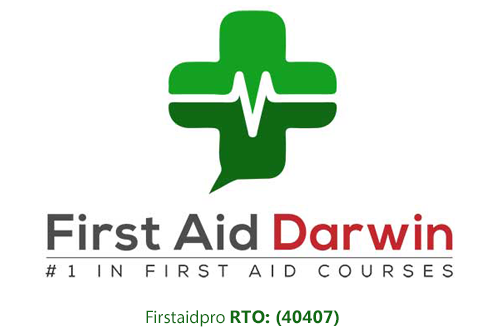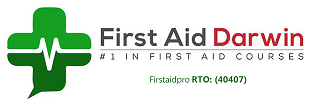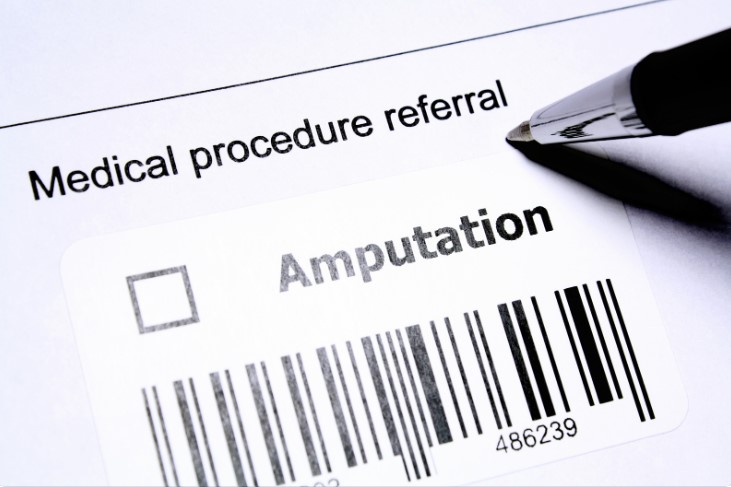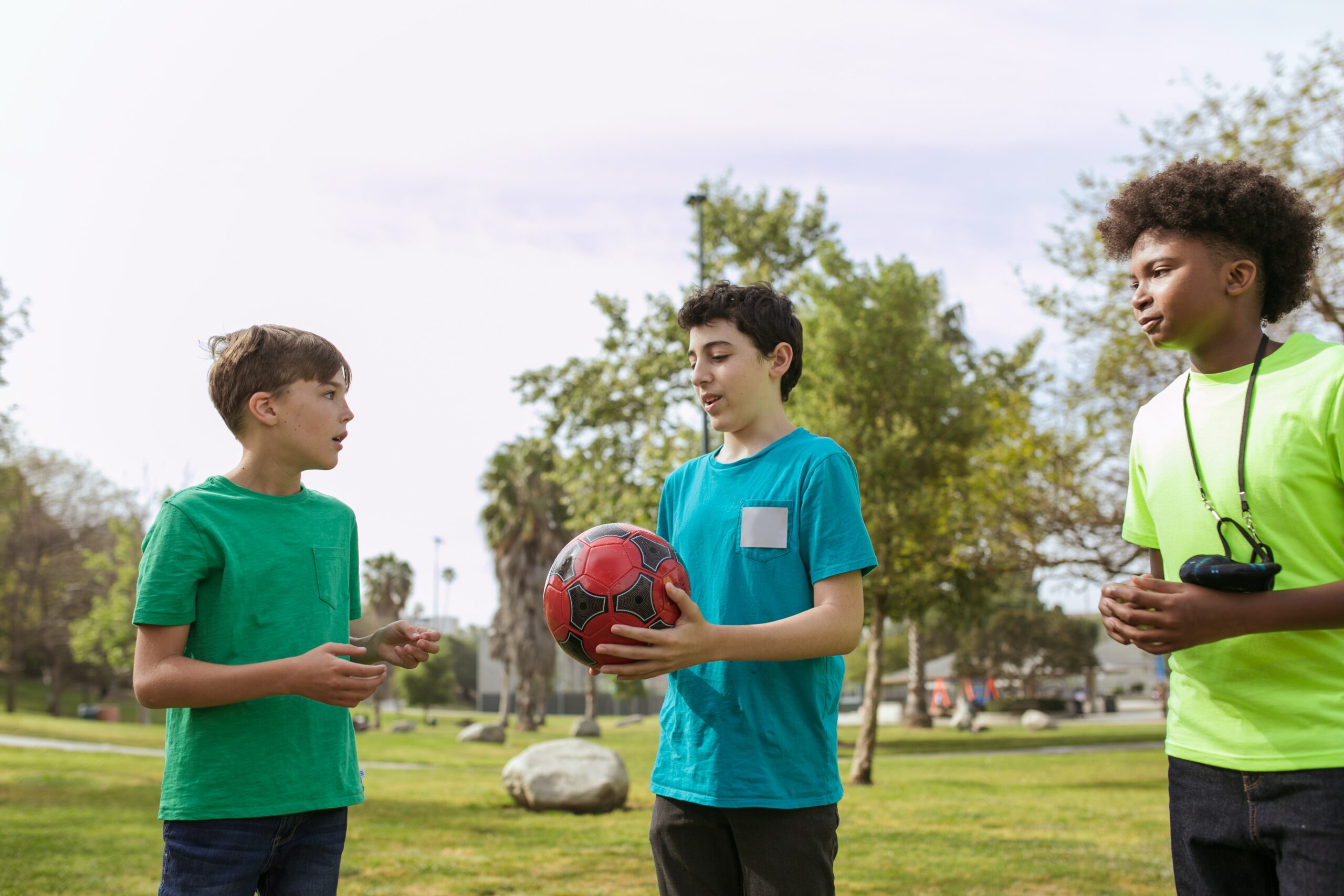How to Tell if You Have A Concussion: Concussions are mild brain trauma that can be more complex than we think. Without early recognition and treatment, it can take on various symptoms and permanently affect the brain.
It is important to know the warning signs to take early action and apply first aid for a head injury.
What Is A Concussion?
A concussion is a type of traumatic brain injury (TBI) caused by a direct or indirect hit to the head.
The brain sits inside the skull, surrounded by fluid. When the head or body takes a severe hit, it may cause the brain to shift or shake inside the skill. The direct impact may cause severe damage to the cells, causing chemical and cellular changes in brain function.
A concussion often occurs after experiencing a direct hit to the head in contact sports, a car crash, or a hard fall. It can also happen following an indirect blow that causes the head to jerk (e.g., neck injury, violent shaking, etc.).
Both direct and indirect impacts can result in serious brain damage. In severe cases, it can lead to memory loss, impaired motor and cognitive abilities, sudden headaches, and death.
3 Top Signs Of A Concussion
A concussion often requires immediate medical attention; thus, it is important to know its warning signs. While the symptoms may vary from person to person, here are common tell-tale signs of this injury.
Headache
Frequent headaches are one of the most common signs of a concussion. In fact, 95% of individuals who suffers a direct hit to the head will experience a headache.
While some types of headaches may vary, they may present as tension or pressure in the head. Some may even describe the scenario as their head blowing up like a balloon kind of feeling.
Nausea
After suffering from a traumatic brain injury, nausea may appear as an independent symptom or disguised as a migraine. Vomiting may also occur, and it can be an indication of a serious neurological injury, or it can be related to vestibular dysfunction.
If nausea persists, it can be an unfortunate side effect of the migraine.
Cognitive And Physical Impairment
Following a trauma to the head, it can be challenging for a person to focus, concentrate, process thoughts, and learn new information. In some cases, it can also result in memory loss, changes in speech, and a general sense of confusion.
In addition to cognitive impairment, a hit to the head may also lead to some physical challenges. The person may have difficulty walking, experience balance issue, dizziness, and abnormal eye movement.
Other textbook signs of a concussion include:
- Neck pain
- Ringing in the ears
- Fatigue
- Dizziness
- Clumsiness or awkward movements
- Irritability or sadness
- Memory problems
Take note that the symptoms may appear immediately after the injury; in some cases, it may take days or weeks. If these symptoms are present, take a break from all your activities and consult a doctor.
First Aid For Concussion
If a person renders unconscious after a direct impact to the head, call triple zero (000) and ask for an ambulance. Then, follow these first aid steps:
Stop The Bleed
If there is an open wound, control the bleeding by applying pressure to the injury. Use a clean piece of fabric or gauze as a barrier between your hand and the injury.
Apply Cold Compress
Apply ice to the injury to reduce pain and swelling. Use a cold compress or a bag of frozen peas wrapped in a towel as an alternative.
Take Medication
If pain persists, the doctor may prescribe aspirin-free medications to relieve pain or recommend an over-the-counter option.
Monitor Breathing And Consciousness
If the person is having trouble breathing or shows no signs of circulation (no breathing, coughing, or any movements) – perform CPR.
Get Trained
Head injuries that result in concussion symptoms require immediate medical attention.
Learn more about concussion treatment, including information on self-care tips and post recovery by enrolling in a first aid course.
Check out First Aid Courses Darwin to find out more.








